Helping children cope with grief can seem daunting. Death is likely not something that is regularly discussed, and when someone or something dies, it may be our first time realizing a book may help our little ones process their feelings. We hope that these steps and book recommendations can help you and your family heal and process feelings.
Step 1: Normalize Talking About Death
Talk about death when it’s not a pressing issue – this way it will be an easier conversation when the time comes to discuss losing a loved one. For example, little ones can learn about life cycles and death through dead plants and bugs. Starting the conversation here can open the door to future conversation.
Step 2: Prepare For Questions
Children will often look for explanations around death or they may even think their loved one will return. Some questions may be difficult to answer, but be as honest as possible in an age appropriate way, to avoid misinterpretation. For example instead of saying “Grandpa went to sleep and didn’t wake up”, say “Grandpa’s heart wasn’t working properly and doctors were not able to fix it.” This helps to avoid unintentionally linking sleep and death together.
Step 3: Cry
It is okay and even normal for children to see adults cry – we want them to know that big feelings are welcomed. Adults have big feelings too! Seeing their grown up cry will also give little feminists an opportunity to show their empathy and support. Model healthy ways to cope with grief by letting out your own feelings.
Where is?/¿Dónde está? Mi Ofrenda (age 0-2 )
- Why We Love It: Little ones get to learn the meanings behind special items that are a part of the Day of Dead ofrenda (an altar to honor loved ones who have died), such as glasses of water and mirrors.
- Things to Know: This is a bilingual book that mentions spirits.
An Ordinary Day by Elana K. Arnold (age 2-4)
- Why We Love It: The two perspectives of a dog taking his last breath and a newborn taking their first breath is powerful. It can lead to conversations about emotions around two life changing events.
- Things to Know: This book includes the loss of a pet, specifically illustrating a dog being euthanized by injection.
Birdsong by Julie Flett (age 4-7)
- Why We Love It: The marking of time through seasons shows a young Cree girl who befriends her elderly neighbor, and together they share a love of art and nature.
- Things to Know: You may want to clarify with your little one that when the young girl says goodbye, this means that the neighbor has died.
Dear Star Baby by Malcom Newsome (age 4-7)
- Why We Love It: This book is written from the perspective of a child, looking forward to the arrival of their baby sibling, and then processing the baby’s loss of life. Together with his mom and dad, the child shares their thoughts about their lost baby.
- Things to Know: Written by a father whose family had this miscarriage experience, this story will be incredibly helpful to families who are also going through this. A miscarriage affects the entire family, and hopefully this book can help a sibling.
Dear Moon by Stephen Wunderli (age 4-8)
- Why We Love It: There are few books that include the loss of a friend of the same age. Through this book, children will understand that while death may happen at any age, there are ways to cope with the loss of a friend.
- Things to Know: This story includes the friendship of two children and the grief experienced watching a friend become sick and eventually die.
Many Shapes of Clay by Kenesha Sneed (age 5-9)
- Why We Love It: Seemingly about art and creating something new from something broken, this book shows the layers of a mom and young girl navigating their life and healing without their husband/ father.
- Things to Know: While we don’t learn much about the husband/ father who passed away, your little one will learn that parents and kiddos can have the same feelings of loss and sadness. And we can work together to get through those feelings.
A Map into the World by Kao Kalia Yang (age 7-9)
- Why We Love It: A young Hmong girl befriends her elderly neighbor, and we love the intergenerational relationships and the importance of compassion and care within our community.
- Things to Know: This book focuses on a young child’s experience with the birth of twin siblings and the loss of an aging neighbor.
—
Grief from losing a loved one – whether it is a family pet or beloved family member – affects us all, even our young ones. We hope that these book recommendations help you on your healing journey together.
Support our work by signing up for our monthly book club to get books like these on LittleFeminist.com.


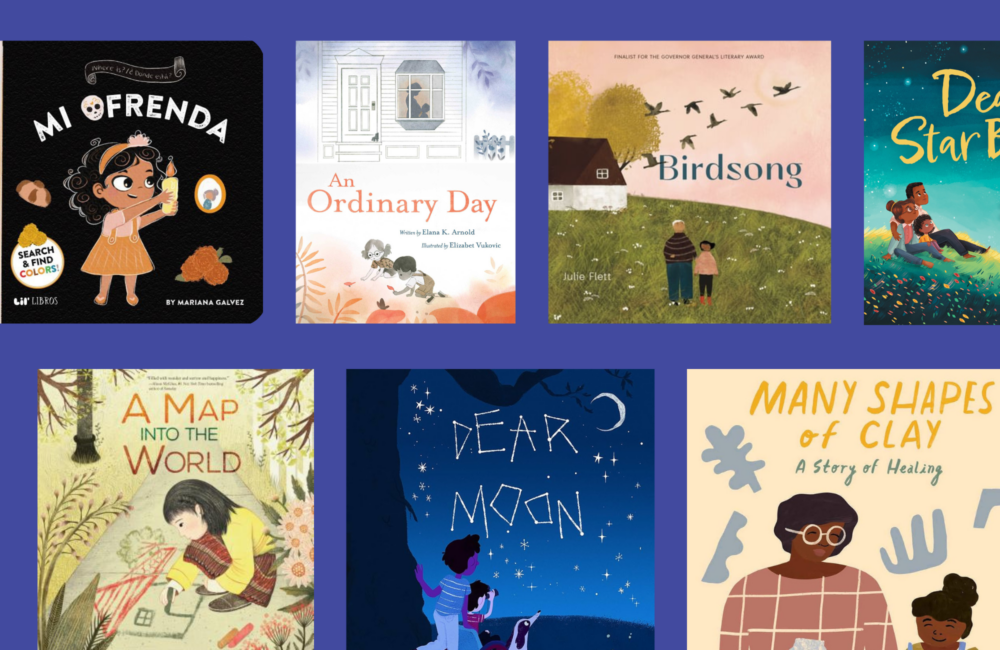
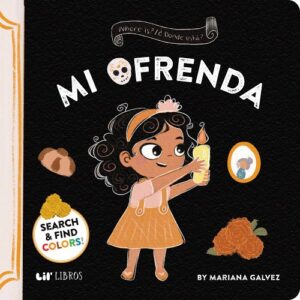
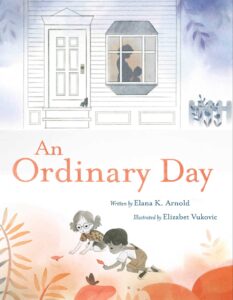
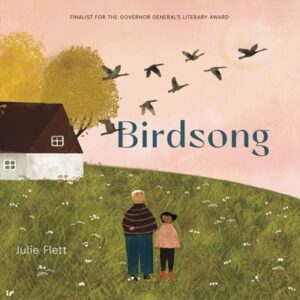
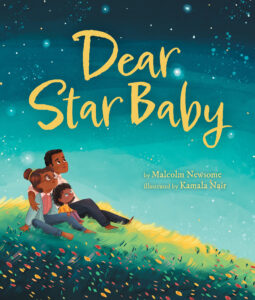
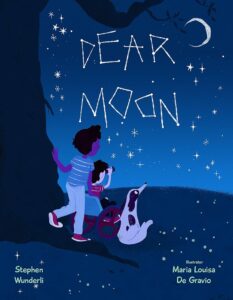
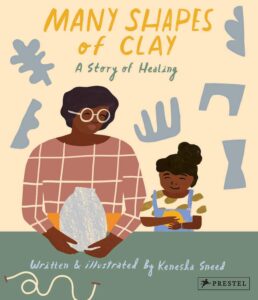
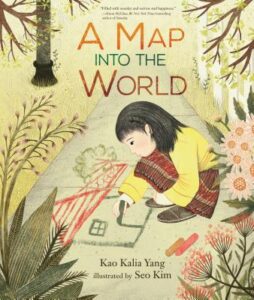
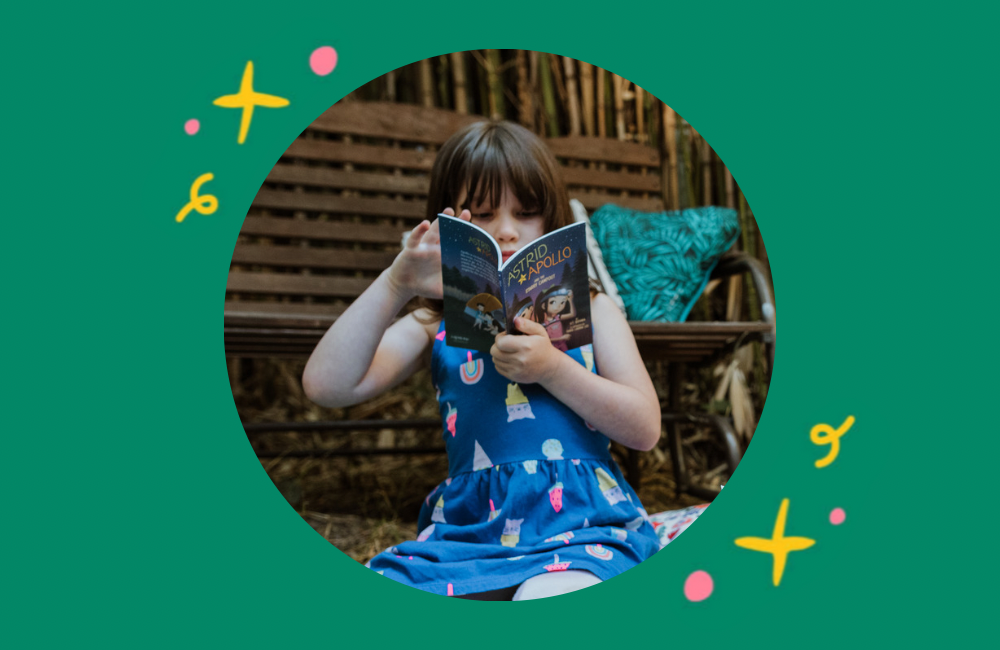
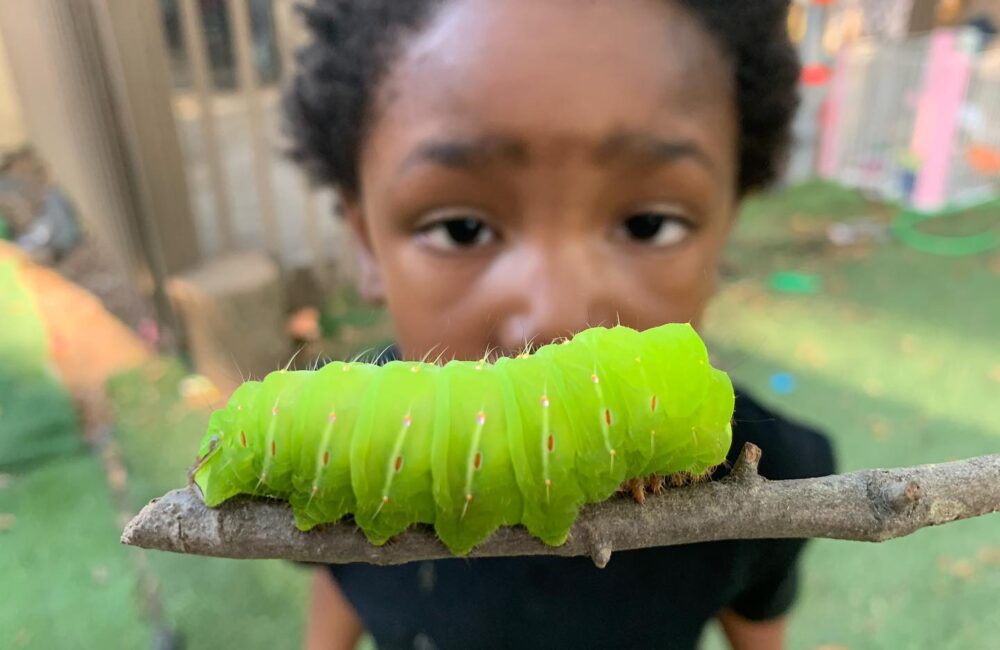
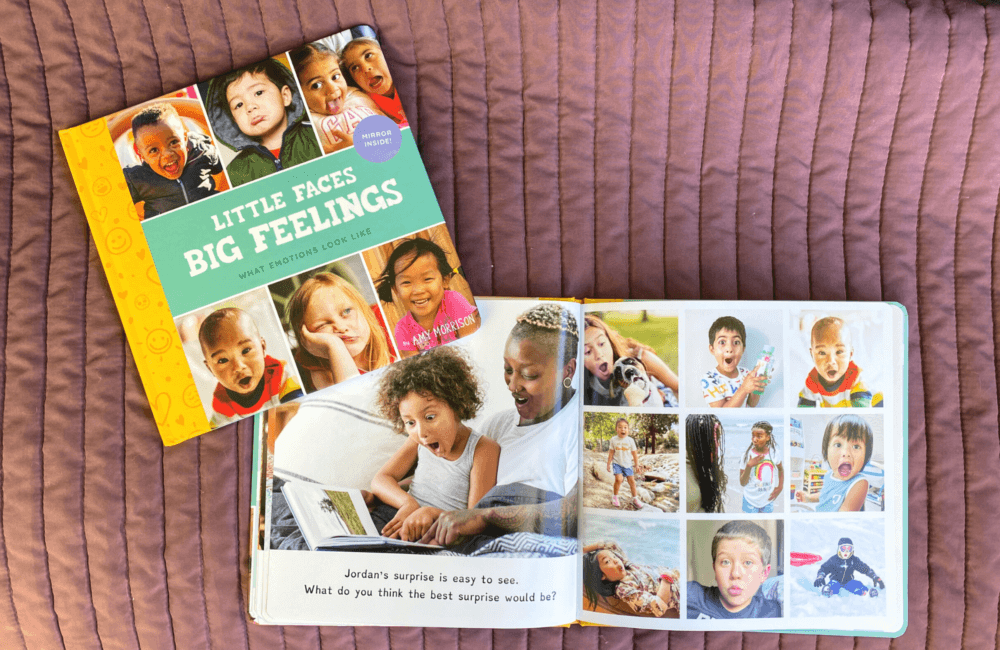
 in Oakland, CA
in Oakland, CA